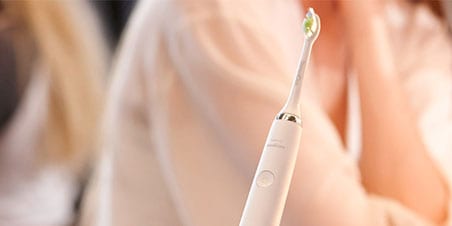
What happens if you don’t brush your teeth?

Toothache can be a debilitating experience, leading to a great deal of pain and frustration. It’s also something that likely affects most of us at some point in our lives. Understanding what toothache is caused by, adopting preventive measures, and practising ways to deal with it, then, is important. In this article, we delve into the various causes of toothache as well as how to soothe toothache and how to prevent toothache.
Wondering ‘why does my tooth ache?’ Toothache can stem from several underlying factors, including these common causes of toothache:
When experiencing toothache, it is essential to consult a dentist for proper diagnosis and treatment. While natural remedies might provide temporary relief,6 they should not replace professional dental care. Here are a few measures to consider for when you’re wondering what to do with toothache and what’s good for toothache: Remember, these remedies are only short-term solutions and should be used in conjunction with professional dental care. Consult your dentist for a comprehensive evaluation and appropriate treatment; they will always know best what to do with toothache.
Prevention is always better than cure when it comes to toothache. Adopting good oral hygiene practices and making lifestyle adjustments can significantly reduce the risk of tooth decay and other dental problems. Here are some expert-approved methods for how to prevent toothache:
Selecting the right toothbrush is crucial, especially if you experience toothache or have sensitive teeth. Whether you’re choosing between a manual or an electric toothbrush, or choosing between a rotating or sonic electric toothbrush, here are some key considerations: Remember to consult your dentist for what can help a toothache and for personalised recommendations based on your dental health needs. They can assess your specific conditions and guide you in choosing the most suitable toothbrush and oral care routine.
As part of our commitment to sustainability, Philips has implemented several initiatives in our oral healthcare offer.
The causes of toothache can be various, including dental decay, gum disease, abscesses, and tooth fractures. So next time you’re wondering why does my tooth ache, consider those possibilities. While temporary relief can be sought through natural remedies for toothache, professional dental care is essential for long-term solutions. By practicing good oral hygiene, scheduling regular check-ups, and making informed choices regarding toothbrushes and preventive measures, you can significantly reduce the risk of toothache and maintain optimal dental health.
Cordless Power Flosser
- White
HX3826/31